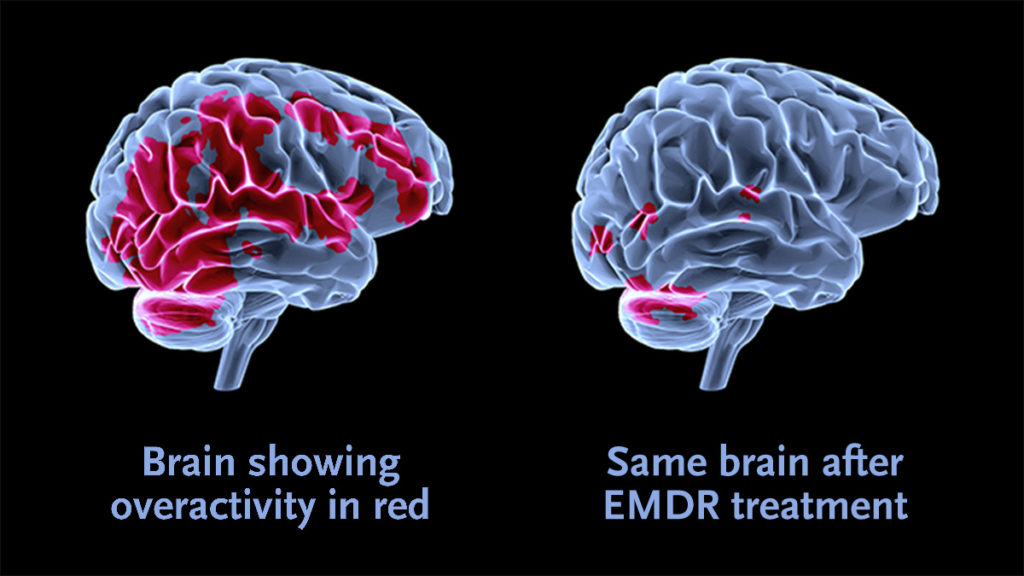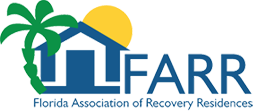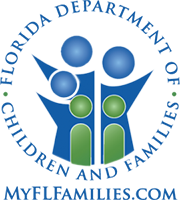Addiction treatment IOP programs in Derrfield Beach are at a high demand. We first began hearing about COVID 19 in January of 2020. It was thought to be a problem that would not seriously affect us here in The United States; but we were wrong. As of this writing, the Corona virus is responsible for the deaths of over 120,000 people in the US and nearly a half-million world-wide. The resulting fear and anxiety have substance abuse on the sharp rise and the need for an IOP Program in Deerfield Beach greater than at any time in the past.
In this article, we will discuss the latest state of affairs as it relates to COVID 19. It will educate on how the resulting “social distancing” and isolation is instigating an already out-of-control opiate epidemic. Fortunately, drug and alcohol treatment rehabilitation centers remain open during the crisis. Many victims of addiction are taking advantage of both residential and IOP Programs in Deerfield Beach, Florida.
Rise in Substance Abuse from COVID 19 Leads to a Demand for IOP Programs in Deerfield Beach, Florida

Under the most normal of circumstances, fear and anxiety can drive victims of addiction to their next drink or drug. However, as we continue to isolate ourselves in defense of COVID 19, the perfect storm exists. We are at the front lines at our drug rehab in Fort Lauderdale and see this developing. It’s both facilitating the use of drugs and alcohol while preventing many recovering addicts and alcoholics from adhering to their traditional programs. In fact, the increased anxiety has motivated many folks in long-term recovery to seek an IOP programs in Deerfield Beach, Florida as a security blanket.
For a detailed discussion on anxiety, Jamie Cannon MS, LPC recently penned an article in Psychology Today entitled, ANXIETY – The Monster Within: How We Feed the Appetite of Anxiety. In discussing the personal devastation often caused by anxiety, the article states, “Anxiety is the equivalent of having a monster living on the inside. A monster that does not sleep, is always hungry, and never gives up. The anxiety monster steals from its victims, eating them alive from within. Difficult to define, and possessing elusive symptoms, anxiety sneaks up on its victims and devours them.”
Jamie Cannon MS, LPC in Psychology Today
In the above example, if we were to substitute the word addiction for anxiety, the statement would be just as relevant.
Top 3 Therapies to Combat Anxiety Explained by Our IOP drug Rehabs Fort Lauderdale, Florida

For victims of addiction dealing with extreme stress, even those who have maintained their sobriety over a sustained period, attending IOP programs in Deerfield Beach can help. Almost most all cases of addiction involve trauma. We see many victims of trauma at our drug rehabs Fort Lauderdale location. In addition to the standard practices of individual and group therapy sessions, some treatment centers employ 21st-century therapeutics that may include EMDR, RRT, Mindfulness, and others. Let’s spend some time discussing the basics of these new types of therapy.
1. Eye Movement Desensitization and Reprocessing (EMDR)

EMDR stands for Eye Movement Desensitization and Reprocessing and was developed by Francine Shapiro. She describes EMDR as “an eight-phased, psychotherapy treatment consisting of standardized protocols and procedures to treat unprocessed memories of adverse life events by utilizing bilateral stimulation in the form of eye movements, taps, or tones.”
When included in our IOP programs in Deerfield Beach, Florida EMDR is used to treat trauma and its resulting fear and anxiety. It works by desensitizing and reprocessing traumatic memories into a more understandable and functional form. The purpose is to decrease distress and lessen the intensity and physical sensations caused by negative emotions and beliefs. EMDR also seeks to strengthen clients’ resources while combining skills, attitudes, and behaviors to boost resistance and quell the effect of current triggers. Therefore, EMDR therapy is designed to do two things:
- Clean out damaging perceptions of the past,
- Reduce the current impact of stressors and future fear-based negative beliefs
In order for EMDR treatment to be successful for addiction, it must address the original trauma that is behind the addictive behaviors. By processing the trauma through EMDR, the addiction begins to lose its power and the urge to use decreases.
2. Using Rapid Resolution Therapy (RRT) an IOP Program in Deerfield Beach
There are several ways to treat trauma and addiction including, EMDR as we’ve just discussed. Another newer type of therapy that can be used to treat both trauma and addiction is called Rapid Resolution Therapy (RRT). One of the benefits of RRT is that it is a method of treatment with fast results, so it might work well for clients who are opposed to lengthy treatments.
The primary goal of RRT at our IOP programs in Deerfield, Beach is to eliminate the negative emotions that occur when recalling specific traumatic experiences. RRT doesn’t eliminate the ability to remember an event, but it can help process that memory differently when aroused. Essentially, RRT can reduce or remove specific triggers while leaving memories intact. Simply stated, RRT replaces negative thoughts and behaviors with positive feelings and emotions.
Although this method of therapy is particularly useful for trauma and addiction, it’s equally effective for folks who are dealing with anxiety, depression, and grief. Primarily, this is because those issues are often symptoms of trauma. Trauma is a top cause of people developing harmful methods of coping, like an-addiction. Therefore, RRT may be used to treat both the symptoms and negative coping methods of trauma.
3. How Does Mindfulness Helps Victims of Drug and Alcohol Addiction?
Mindfulness can be defined as the practice of filling our minds with the present, moment by moment. When we are fully present, we can listen instead of just hearing. We are able to recognize and perceive as opposed to just “seeing.” It affects everything we do, and impacts how we interact with others. Mindfulness isn’t new; it has traditionally been used in meditation practices. In recent years it has become popular when used in conjunction with certain types of cognitive-behavioral therapy. Mindfulness can be a valuable tool in an IOP programs in Deerfield Beach when used in conjunction with acceptance and Commitment Therapy, and Cognitive Behavioral Therapy.
In an article written for ASCP Journal on April 18, 2018, by Eric L. Garland & Matthew O. Howard and entitled Mindfulness-based treatment of addiction: current state of the field and envisioning the next wave of research; the authors reported that “In the past decade, mindfulness-based interventions (MBIs) have been studied as a treatment for an array addictive behaviors, including drinking, smoking, opioid misuse, and use of illicit substances like cocaine and heroin.”
Multiple Therapies Combined with an IOP Programs in Deerfield Beach, Florida can Spell Success

The Source IOP programs in Deerfield Beach, Florida specializes in intensive outpatient drug and addiction treatment care. In this article, we have reviewed three different therapies that are successfully being used as part of an intensive outpatient treatment program. Naturally, these are not the only methods used, but they have been proven to provide measurable results. One such program is provided at The Source Addiction Treatment Center located close to Deerfield Beach in Fort Lauderdale. For additional information, contact them directly at (800) 204-0418.
 The Source quite frankly saved my life and got me back on track, never giving giving up on me. When you are thinking about and looking through all of the different places to go for treatment this is the one that should stand out from the rest.
The Source quite frankly saved my life and got me back on track, never giving giving up on me. When you are thinking about and looking through all of the different places to go for treatment this is the one that should stand out from the rest.




























